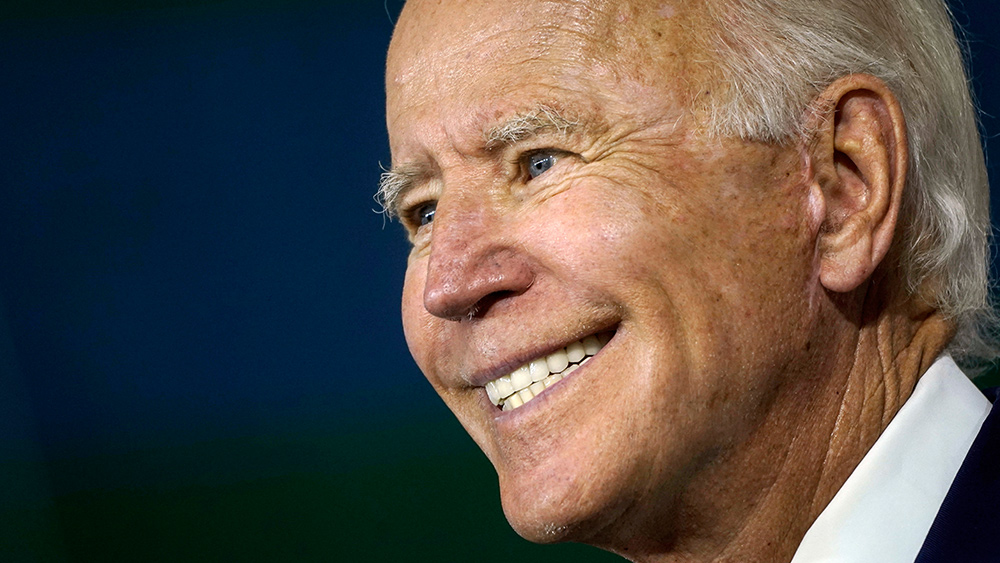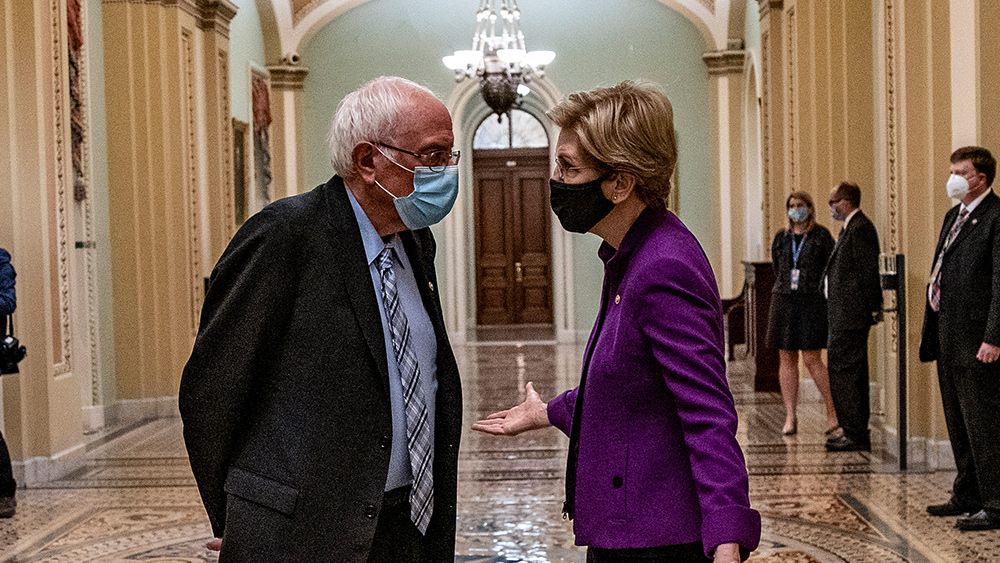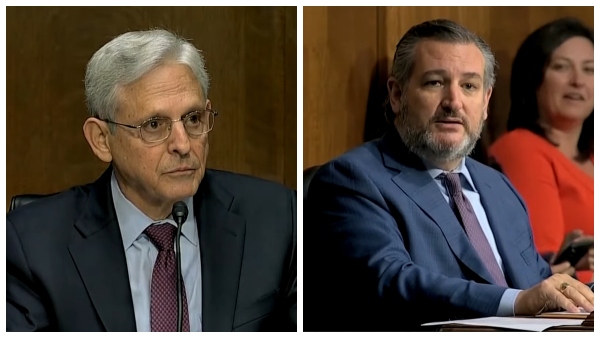China’s Xi Jinping wants to control the entire internet, leaked government documents show
05/20/2021 / By Arsenio Toledo

Leaked Chinese government documents reveal that President Xi Jinping wants the Chinese Communist Party (CCP) to control the entirety of the internet.
On Jan. 4, 2017, Xi made a speech at the fourth leadership meeting of the Central Cyberspace Affairs Commission, China’s main internet censor and policy-making body. The documents summarizing his speech were leaked to The Epoch Times.
During his speech, Xi said control over the internet was the “new focal point of [China’s] national strategic contest.” His speech even singled out the United States as the main force that stands in the way of China dominating the internet. (Related: China launches app encouraging citizens to report others for expressing “mistaken opinions” or denying CCP-approved official history.)
Xi said the country would control the internet by taking over every single part of the online ecosystem, including apps, content, quality and capital, with the ultimate goal of wielding “discourse power” over internet discussions and private communications.
This speech confirms efforts made by the CCP over the past few years to expand its online presence to promote its own communist version of the internet as a model for the world to follow or be subsumed under.
The Chinese internet is built upon the world’s most sprawling system of online surveillance and censorship known as the Great Firewall. Emulating this kind of authoritarian version of the internet would run counter to the open model advocated by the U.S.
China wants to expand the Great Firewall to include the entire world
In the CCP’s pursuit of dominating the global internet, Xi ordered resources to be put into three goals that would effectively replicate the systems that created the Great Firewall.
First, China needs to be able to “set the rules” governing the global internet. Second, the country needs to install surrogates for the CCP in important positions within global internet organizations. Third, Chinese authorities need to gain control over critical infrastructure that controls the internet, such as root servers.
Domain Name System servers are critical to maintaining free and uninterrupted internet communications around the world. These servers are comprised of networks made up of over 1,000 root server instances in different countries. They direct users to websites they intend to visit. There are around 20 root server instances within China, and there are more than 10 times that amount within the U.S. alone.
Cybersecurity experts are concerned about the possibility of China taking control of more root servers. If it does, it would have the power to redirect traffic to wherever it wanted. If a user wanted to visit a website or a news article that had a topic deemed too critical of the CCP, the regime’s servers could route that user to a different page instead.
“The minute you control the root, you can spoof or fake anything,” remarked Gary Miliefsky, cybersecurity expert and publisher of Cyber Defense Magazine. “You can control what people see, what people don’t see.”
China is already working to make Xi’s dream a reality. In 2019, multinational Chinese tech company Huawei proposed the creation of a new internet, called “New IP.” This would replace the current infrastructure connecting the global internet with supposedly faster, more efficient and more secure systems built by China.
Miliefsky agreed that “New IP” might improve the global network; this is the price people will pay for their free access to the internet to be taken away.
“There’s going to be no free speech,” said Miliefsky. “And there’s going to be eavesdropping in real-time, all the time, on everyone. Everyone who joins it is going to be eavesdropped by a single government.”
Learn more about how the Chinese government is planning to take over the global internet by reading the latest articles at Censorship.news.
Sources include:
Tagged Under: banned, CCP, Censored, Censorship, China, Chinese Communist Party, communism, free speech, Great Firewall, internet, national security, Xi Jinping
RECENT NEWS & ARTICLES
COPYRIGHT © 2017 FIRSTAMENDMENT.NEWS
All content posted on this site is protected under Free Speech. FirstAmendment.news is not responsible for content written by contributing authors. The information on this site is provided for educational and entertainment purposes only. It is not intended as a substitute for professional advice of any kind. FirstAmendment.news assumes no responsibility for the use or misuse of this material. All trademarks, registered trademarks and service marks mentioned on this site are the property of their respective owners.




















